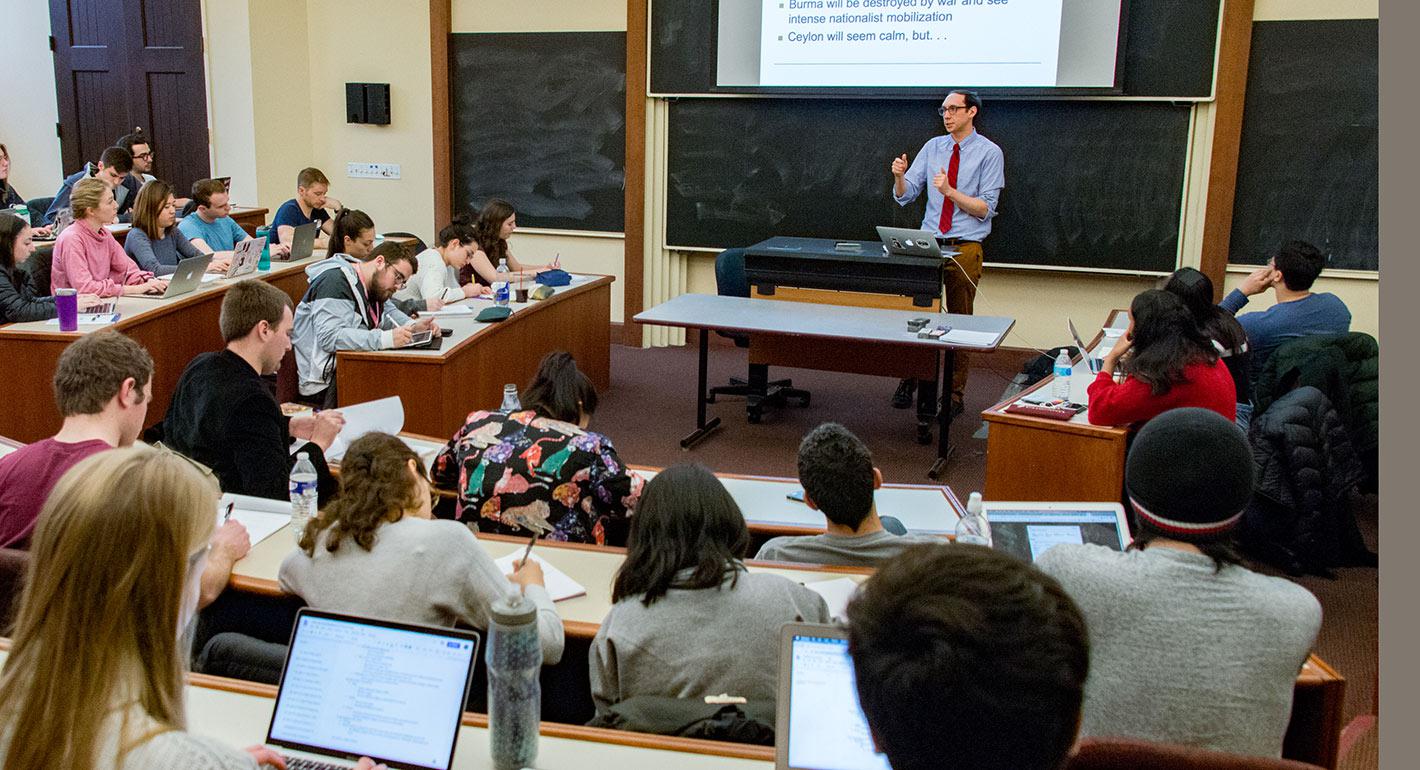I arrived in New Delhi in 2007 without a place to live and wildly unprepared to do research. A year earlier, I had become tired of taking classes at the University of Cambridge and somewhat arbitrarily decided to study South Asia, a region that, from a distance, seemed like it had a lot going on. I took Hindi classes, cobbled together a dissertation topic, and bought a plane ticket.
My initial days in New Delhi were not especially smooth, but I eventually immersed myself in the politics of India and the broader region through interviews, travel, conversation, and the daily newspaper. Even in an age of hyperconnectedness, there is no better substitute for learning about a place than living there. My research led to a set of core questions: How do rebellions start, and how do they end? When do states repress, ignore, or work with nonstate armed groups? How do voters and citizens think about foreign policy, and when do their opinions shape outcomes?
These questions fueled abiding interests that I will continue to pursue as a nonresident scholar at Carnegie’s South Asia Program. My ongoing work falls into two main categories. The first is on the politics of violence: how insurgency and counterinsurgency interact, when democracy spurs violence as opposed to preventing it, and when forms of cooperation between governments and nonstate actors challenge standard dichotomies of war and peace. Political violence has extraordinarily grim human costs that require ongoing attention and careful study.
My second, newer strand of research explores the relationship between foreign policy and domestic politics. South Asia sits at the heart of strategic competition in Asia, combining topics like India-Pakistan tensions, growing Chinese involvement in both military and economic arenas, and recurrent if uncertain U.S. strategic engagement. I want to better understand how mass public opinion, electoral politics, and hybrid regimes influence foreign policy outcomes. The success and failure of foreign policy strategies by countries both within and outside of South Asia often hinge on how they intersect with the messy and complex regional politics.
I hope to bring systematic research skills to bear on important real-world questions, and I’m excited to join the South Asia Program to help explore better answers.
